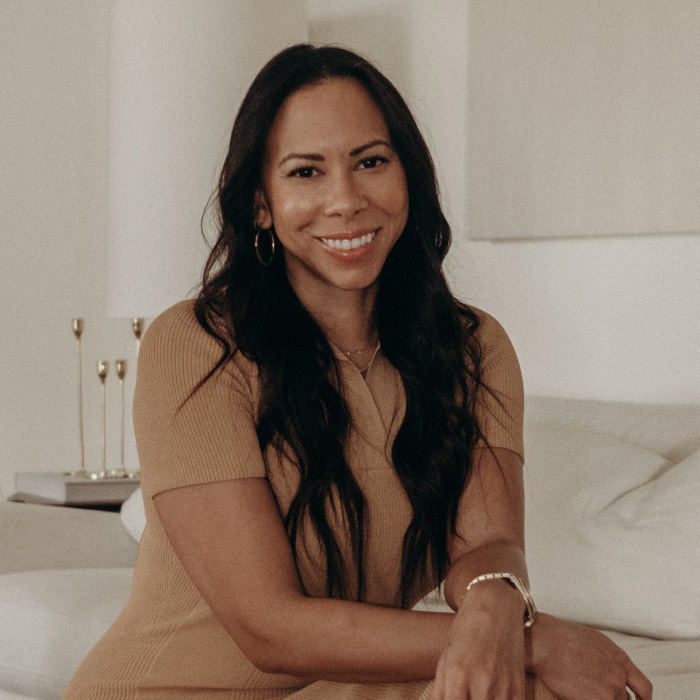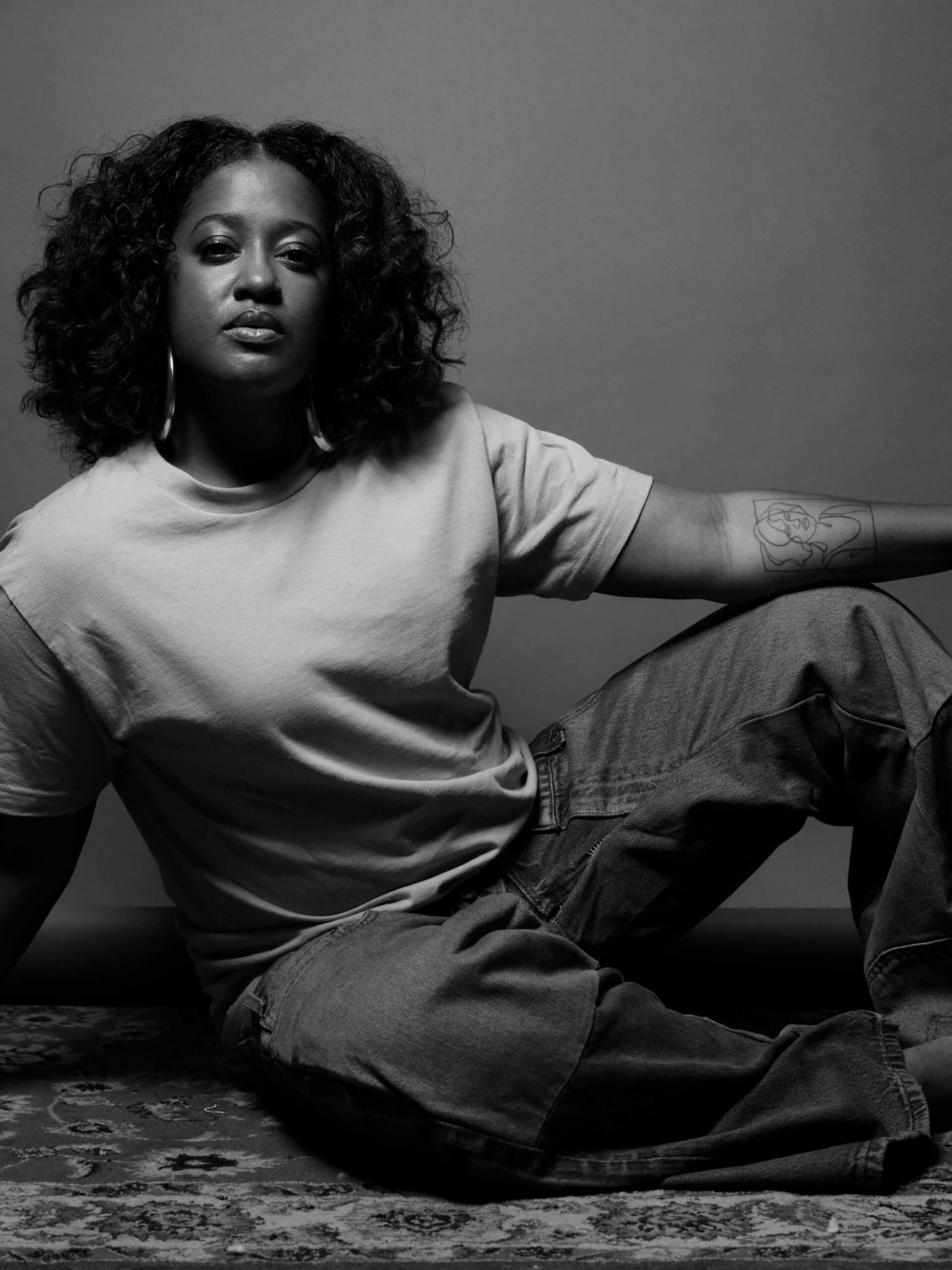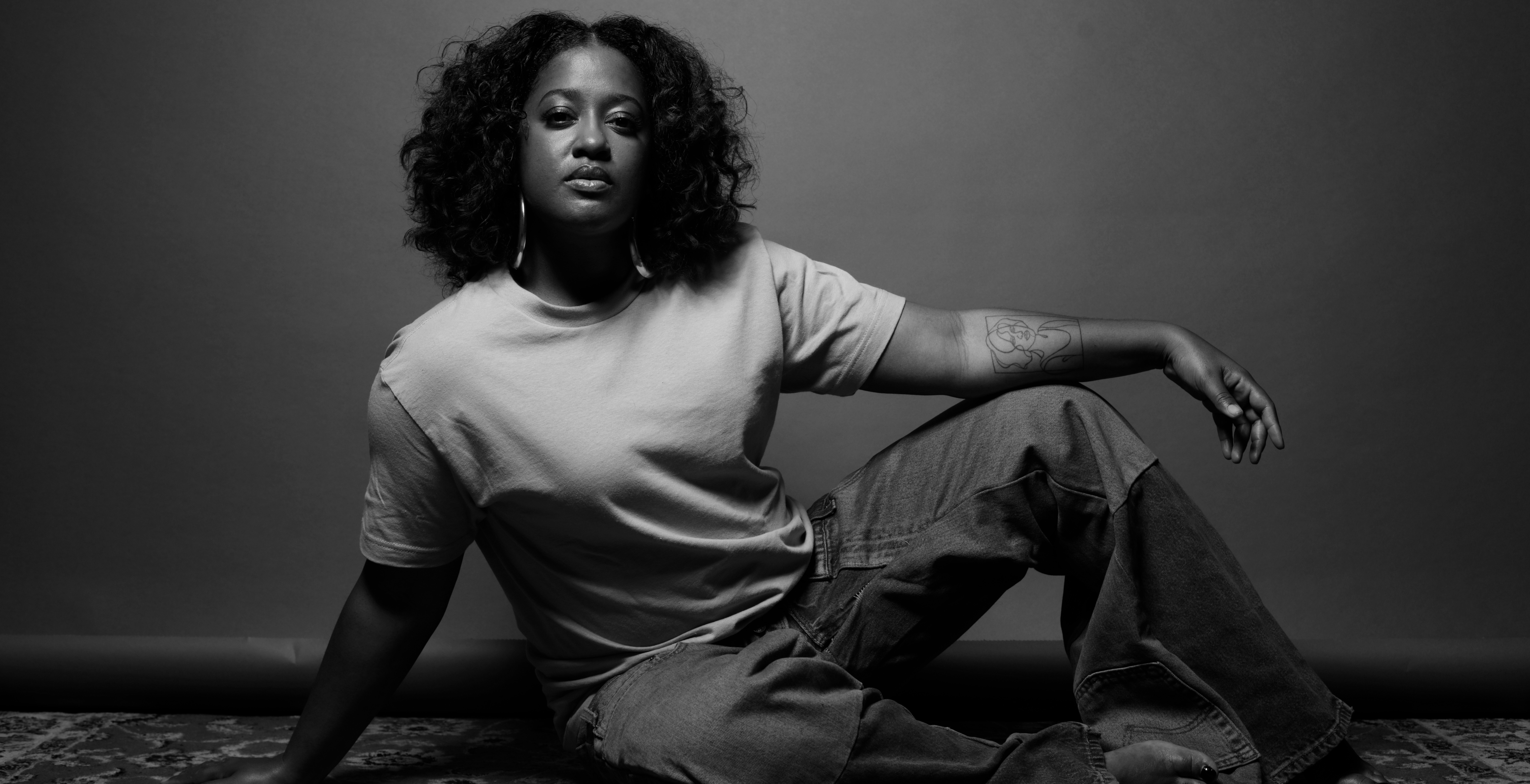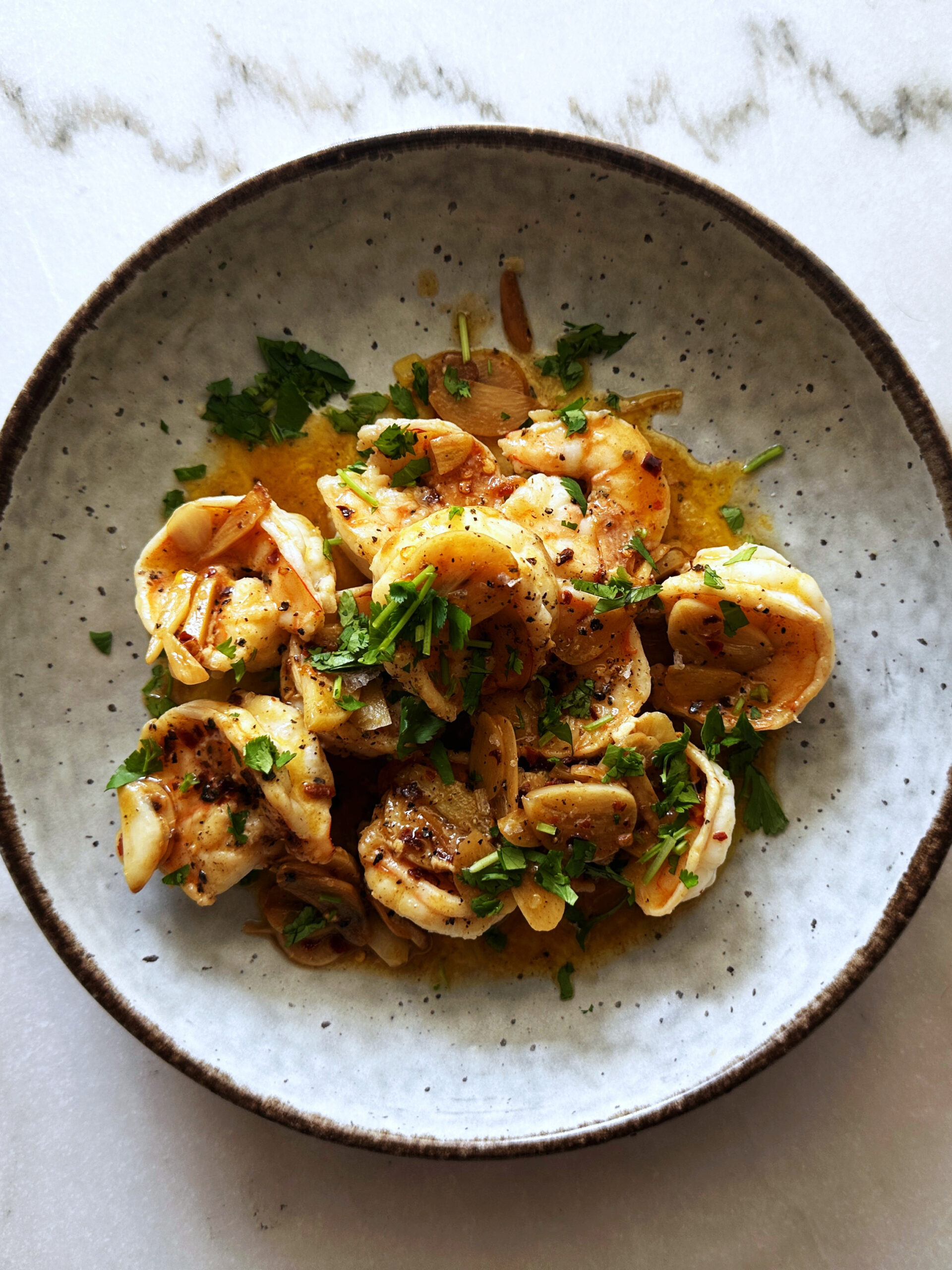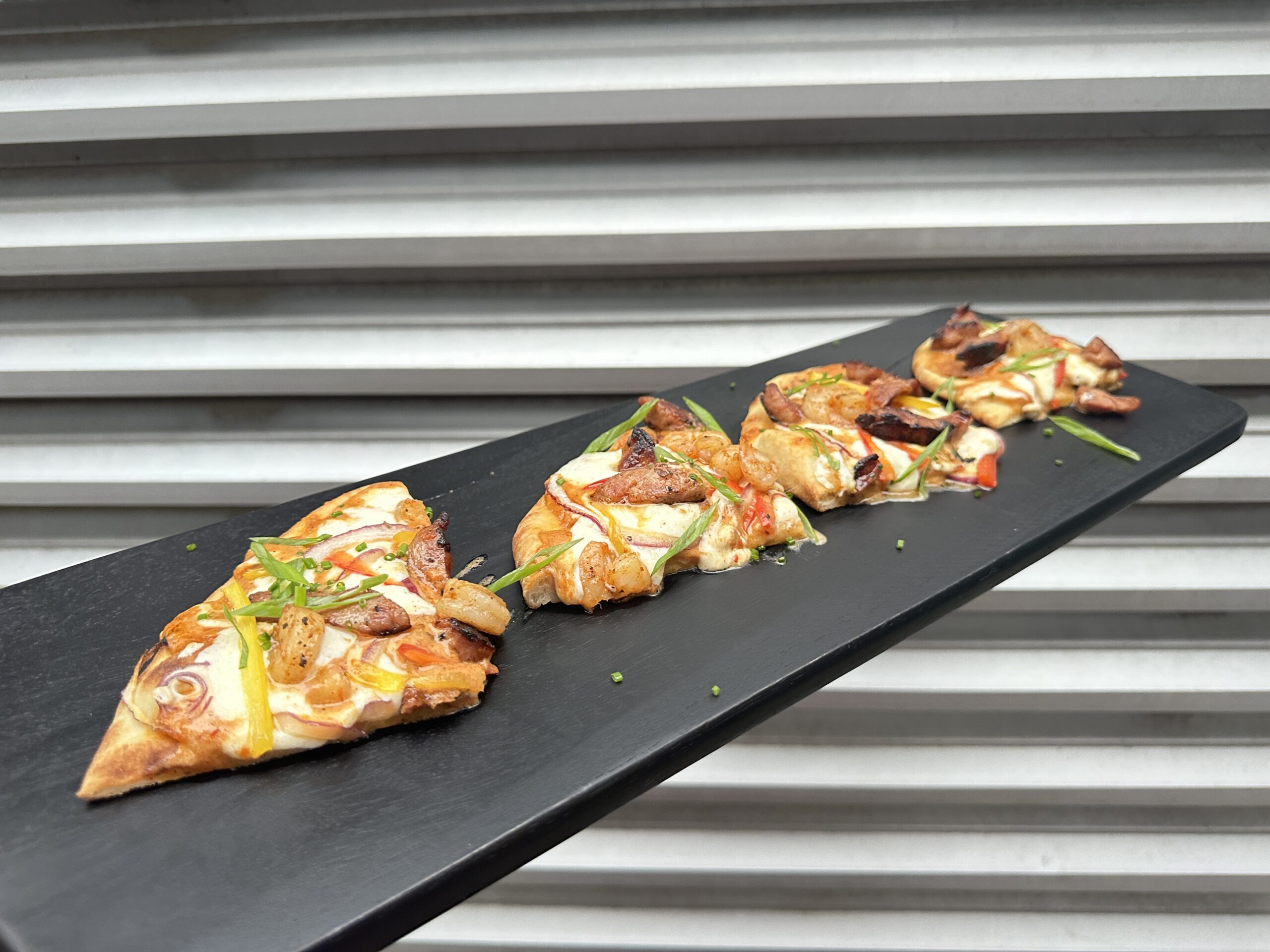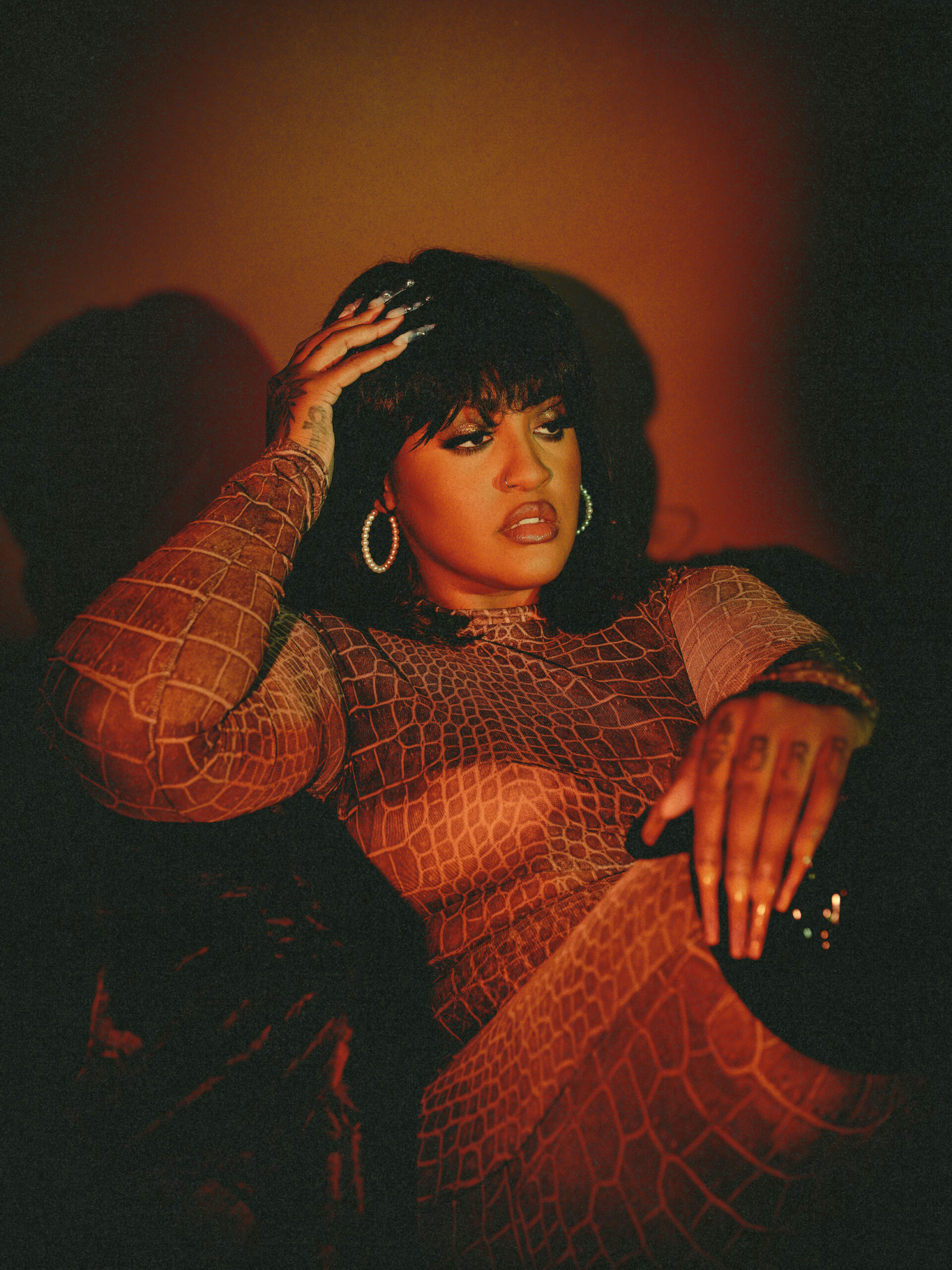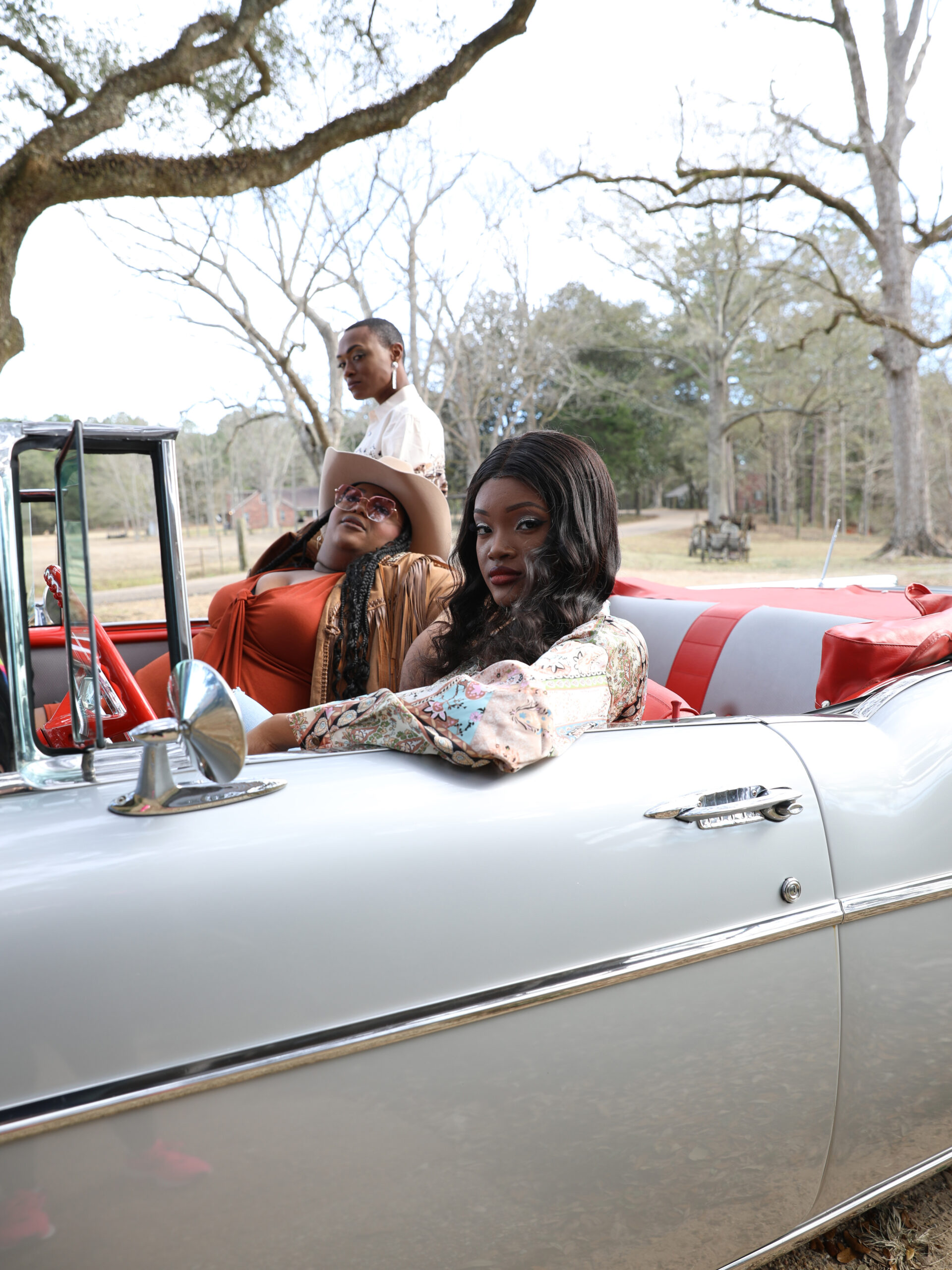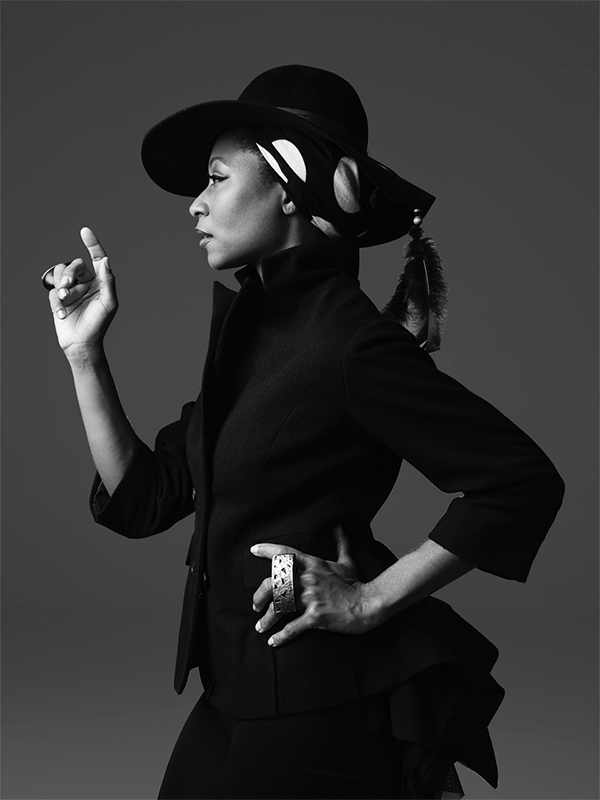On her fourth studio album, Please Don’t Cry, acclaimed hip-hop artist Rapsody delves into a deeply personal exploration of her life. Over 22 tracks, she unveils the contrast between her public persona as a musician and the vulnerability of her private self, as Marlanna Evans.
“I like to think, before this album anyway, Rapsody was tough as nails, hard armor, not letting anything penetrate that,” the rapper tells Sweet July ahead of the album’s May 17 release.
“You didn’t always get to see her heart,” she adds. “You can hear it through the music, but I don’t think they understand the humanness of who I was. Rapsody was like a rapper who’s good at what she does and she cares about the world. Marlanna is a real human being; she’s flawed. She’s happy. She gets frustrated. Her heart breaks sometimes…She loves deeply. I’m just like you. It’s like a mirror; I see myself in everybody around me and hope they see themselves in some way, shape, form, or fashion.”
Rapsody is an emcee who has established herself as one of the best of her generation, with over a decade of experience in the music industry. Her 2017 album, Laila’s Wisdom, earned her a GRAMMY nomination for Best Rap Album; she was the only woman to be nominated in the category. Throughout her career, Rapsody has received critical acclaim for her work, and she was the lone guest rap feature on Kendrick Lamar’s To Pimp A Butterfly. Her latest project is an unfettered look at the woman behind the wall.
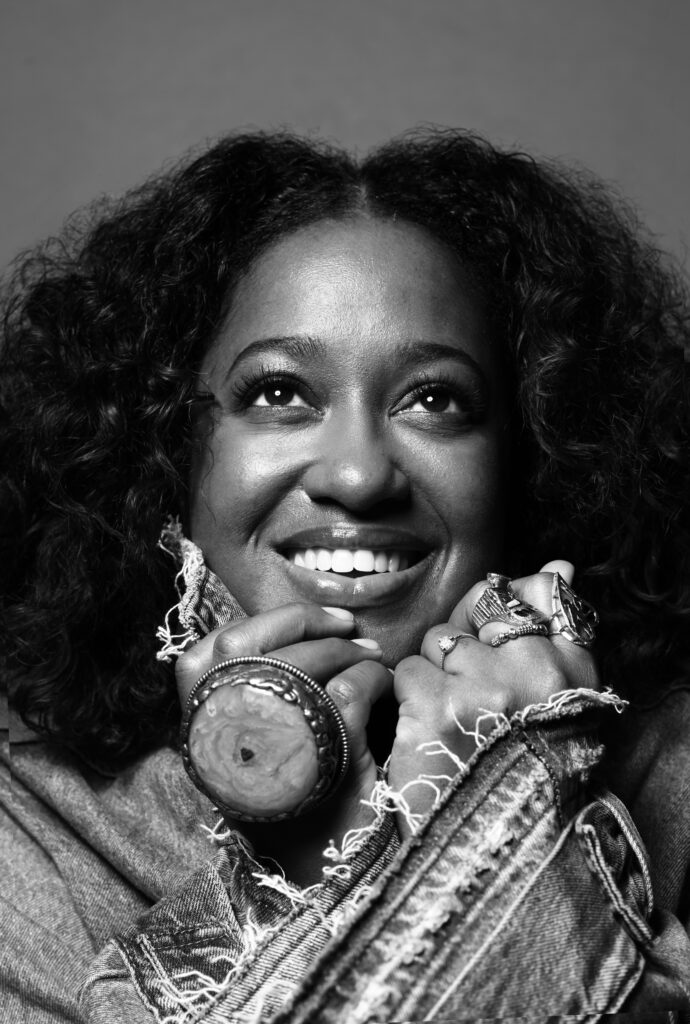
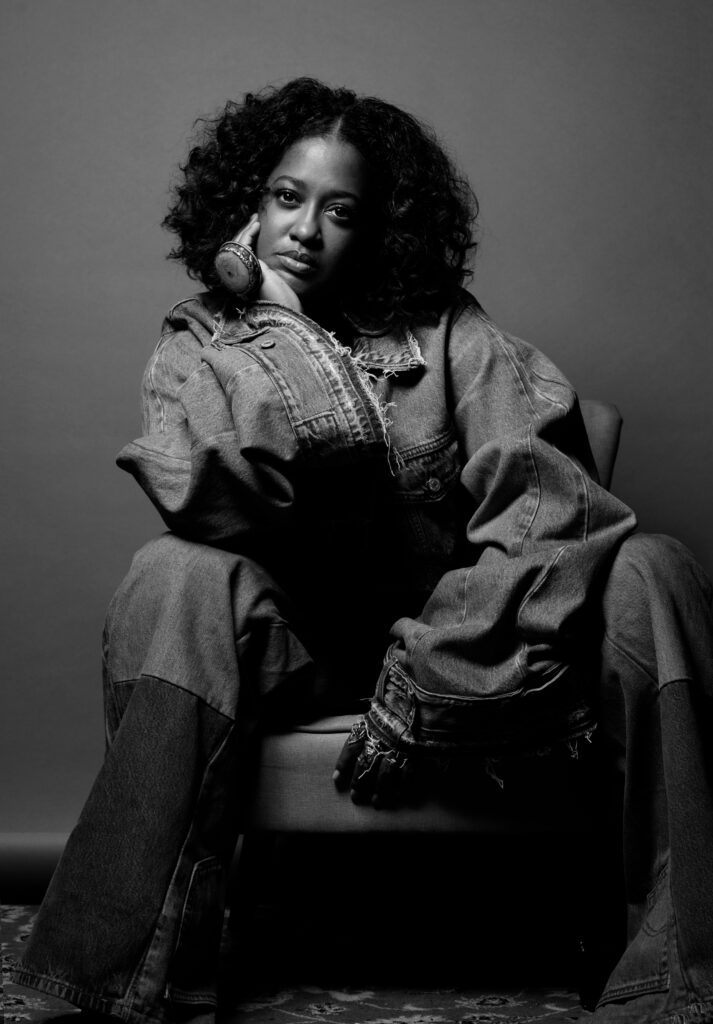
Rapsody reveals that the creation of Please Don’t Cry—which features collaborations with Erykah Badu, Alex Isley, and Baby Tate; and tender, angelic narration by Phylicia Rashad—began during the pandemic’s isolating early months.
“I started this album in March 2020 when we were all on lockdown. I had so much solitude and got to sit, feel, think through things, reevaluate, cry, and be honest with myself.”
Pouring her heart into art became a safe space for Rapsody and a lesson on how to love herself. “This album was like my diary,” she says. “I’ve never been this fearless before.”
Despite such a public career, Rapsody has managed to keep her personal life private, sharing selectively through her music and social media. However, Please Don’t Cry represents a shift, inviting fans into her healing journey. With slinkier tracks like the Erykah Badu-assisted “3:AM,” the emcee showcases a vulnerability not previously seen:
“Intoxicated, nauseous off your love/Got me throwing up emotions I kept secret/That’s how I know you care/Everything I hid, you always peeped it/When it’s darkest, we always attract the brightest people/Baby, you a light/You shift my whole world to the right.”
In these lines, we see Rapsody as raw as ever, opening up about her desire for love and the uncertainties that come with it.
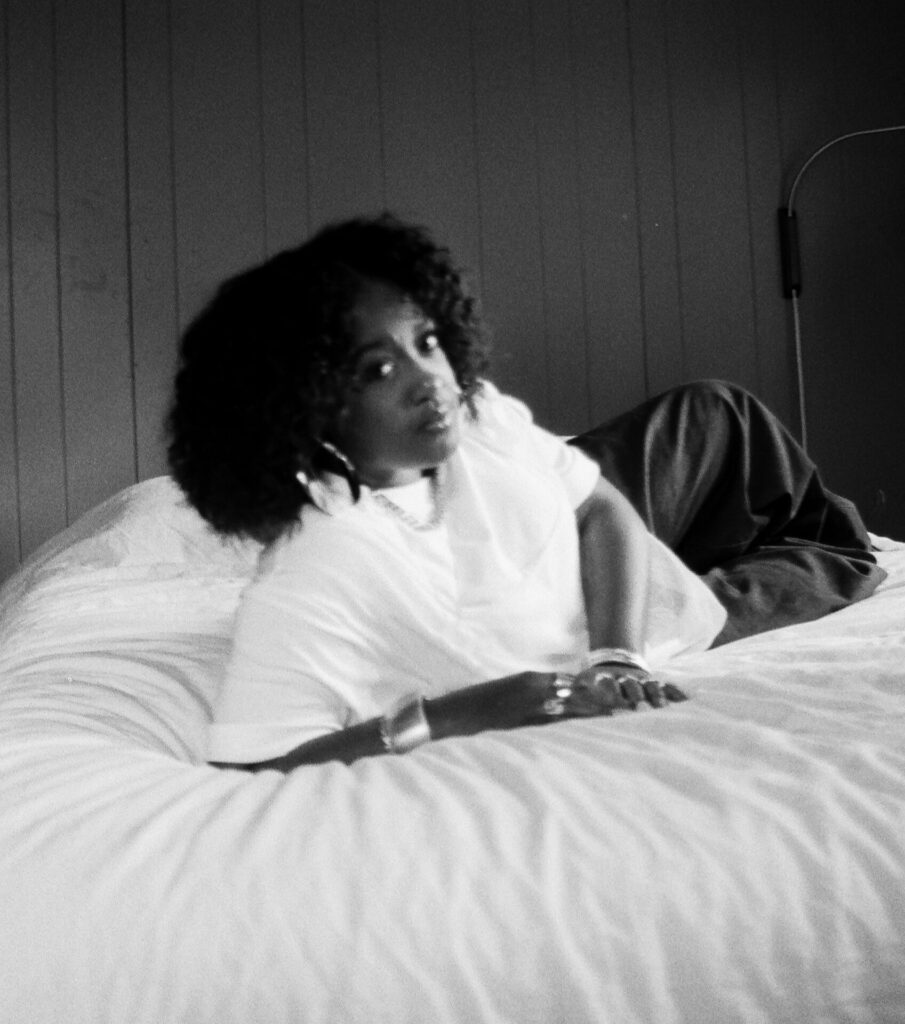
“That’s the biggest difference from 3 a.m. to 3 p.m.—the filter leaves and I’m probably the most free and the most brave part of me,” Rapsody says, reflecting on the difference between her nighttime and daytime personas. She describes herself as a thinker; an observer.
“I’m always in my head. So [during] conversations that I have, I’ll be thinking ‘How should I approach this? What should I say if I like somebody?’ You know, overthinking the scenario,” she says. I talked about having a fear of rejection. At 3 a.m. all of that leaves…I’ll share anything, and it’s not that I’m faking it during the day, but sometimes the fear may keep me from really jumping into how I like to communicate.”
Rapsody’s art is a reflection of her life experiences, and Please Don’t Cry is no exception. Hailing from the tiny town of Snow Hill, North Carolina, she credits her upbringing for her success. “I have to give a lot of it to my family; they’re the core of who I am,” she says, shouting out her “village”—parents, sisters, older cousins, and beloved aunties—for showing her the way. Growing up within a Jehovah’s Witness community also profoundly shaped her values, something Rapsody touches on in “Forget Me Not,” the album’s emotional final track.
“I don’t practice the faith anymore, but I’m so glad I got to experience and learn from it,” she says. “It taught me how to be grounded. I’m not big on fame. I don’t care about how material things make me look; they’re nice to have and enjoy, but they don’t give me value. Growing up in a small town is humbling. You learn a lot about community, and it’s a beautiful foundation for me to have.”
Please Don’t Cry feels like a visual diary, offering listeners an intimate glimpse into Rapsody’s most intricate thoughts and emotions. It’s a powerful testament to the ways self-reflection can facilitate growth and an invitation inside the heart and mind of an artist ready to lower her defenses.
Please Don’t Cry is currently available on digital streaming platforms.



